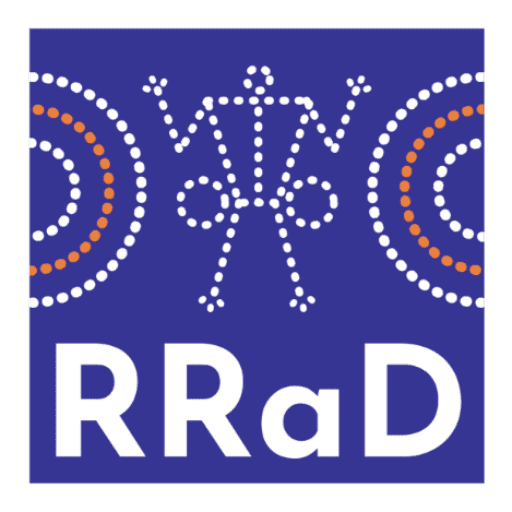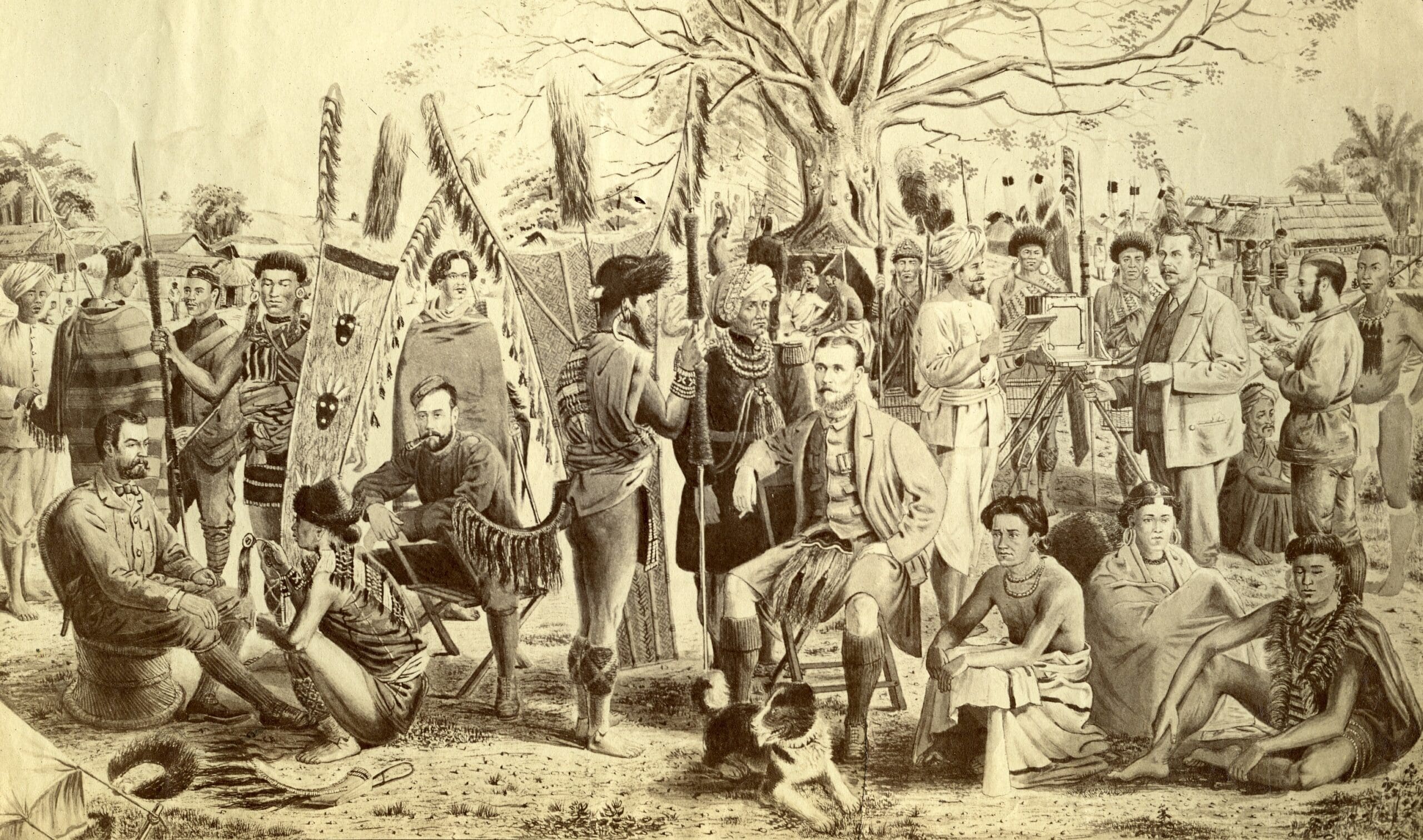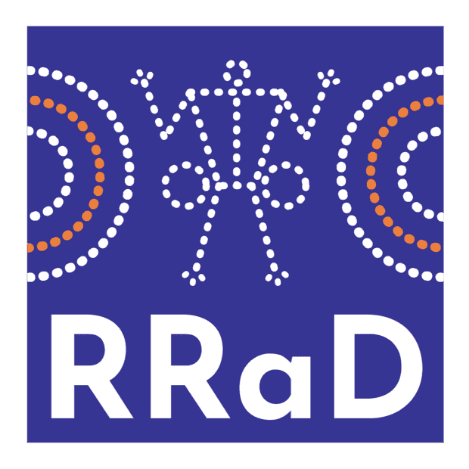In this third decade of the 21st century the processes of decolonization and decolonizing methodologies are critical for liberating and rehumanizing indigenous and colonized peoples.
The indigenous activist Winona LaDuke while speaking on Indigenous Reflections on Christianity says that the word colonization has the same root as the word colon, which means to digest. She says that “colonization is a process of digestion of one culture by another through military, economic, political, religious mechanisms.” Just imagine that a people are being consumed by someone else.
Nicholas B. Dirks in his research book Castes of Mind: Colonialism and the Making of Modern India reminds us that colonial conquests and colonization were “not just the result of the power of superior arms, military organization, political power, or economic wealth,” but were “made possible, and then sustained and strengthened, as much by cultural technologies of rule.” In other words, colonization was a cultural project made possible by the production of colonial knowledge that supplanted all other existing knowledge systems. Dirks stresses that “colonial conquest was about the production of an archive of (and for) rule.” The relationship between colonial knowledge and colonial rule is central to the process of one culture consuming and digesting another.
Given this relationship between producing knowledge and the prevailing domination system, any process of decolonization needs to examine the full spectrum of socio-economic systems. This process eventually needs to lead to transformation of the State itself which would require recognizing political, economic, and cultural practices of indigenous peoples and reconceptualizing society.
For indigenous peoples, decolonization is not about dismantling and taking power, but rather to dissolve the existing inequality of power relations and form new relationships. Actually, decolonization is a form of emancipatory politics. In spirit, it is about creating a humanizing culture which involves re-telling our stories and reclaiming our past. The processes of decolonization need to take place at the spiritual, emotional, political, social, cultural, and psychological levels so that healing, regeneration, and renewal take place at all levels of human interaction.
Decolonization must eventually lead to a new language of humanity. Given indigenous peoples’ history of struggling under colonial rule and colonial knowledge, let’s focus our attention on the education system and its curriculum as a means for the new language to emerge.
The curriculum is multifaceted, within which you have the Taught Curriculum, the Hidden Curriculum, and the Missing Curriculum. The Taught Curriculum is the actual intended officially recognized course work which is usually State approved. However, very often there is a gap between the curriculum design and implementation. The Hidden Curriculum includes all those things in an education setting that send learners messages regarding how they should be thinking and what they ought to be doing. In other words, unconscious processes are transmitted through the schools’ every day, normal activities that are aimed to obey, control, and conform, building a culture of submission. These processes greatly influence student’s attitudes towards accumulating knowledge, processing information, skills, practices, and values that are counter to becoming critical thinkers.
The Missing Curriculum refers to what is excluded, very often deliberately. It often constitutes relevant information necessary for developing an informed, active, multicultural, and politically conscious citizen. The Missing Curriculum generally includes issues that are seen as ‘controversial’ by the State and may consist of historical narratives or social events, as well as using methods that avoid inclusive, participatory, or democratic methods. This omission effectively stifles nurturing and developing critical thinking processes.
A Naga decolonizing process needs to involve a truthful assessment of the Hidden, Taught and Missing Curriculum. It is by critically reflecting on these three facets of curriculum that the existing gaps between the formal curriculum and the historical, political, social, and economic realities need to be identified and addressed.
Only when the decolonizing process and the curriculum are aligned in the path of rehumanization can it lead to critical thinking, and eventually a new language for humanity.
First published in The Morung Express, September 19 2021
Link: https://www.morungexpress.com/decolonization-curriculum



